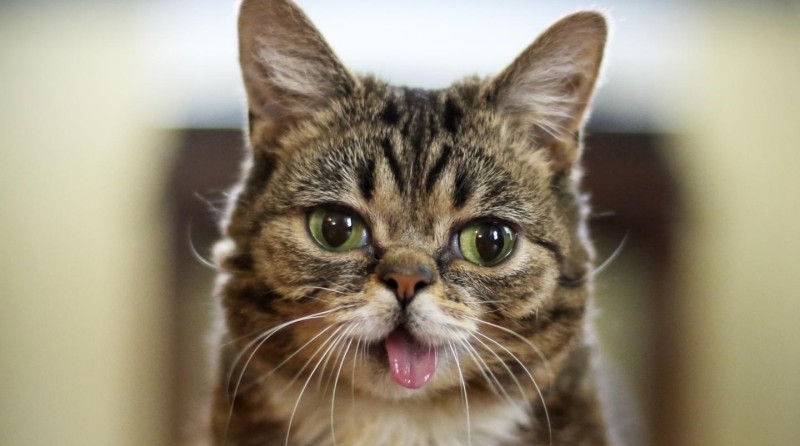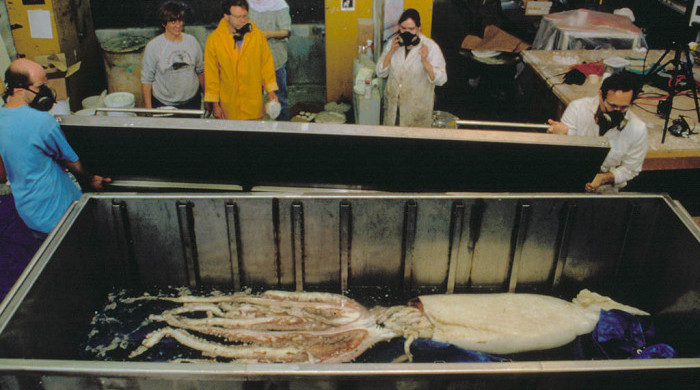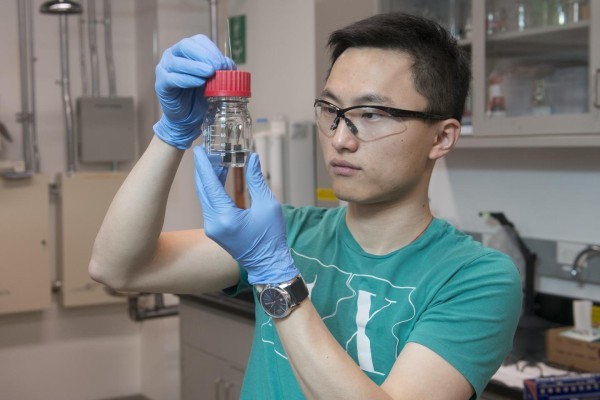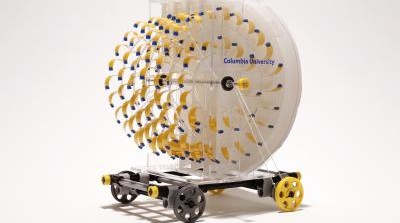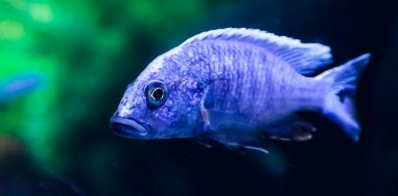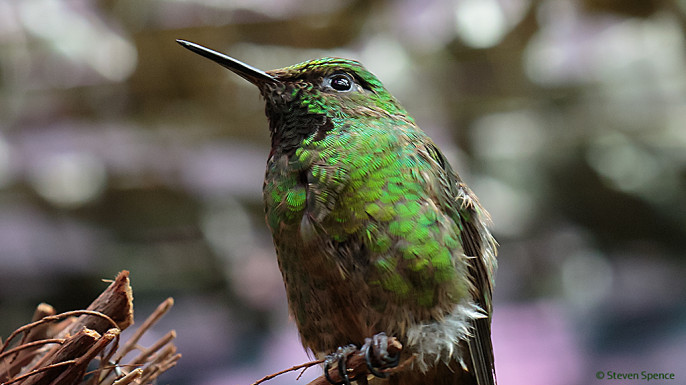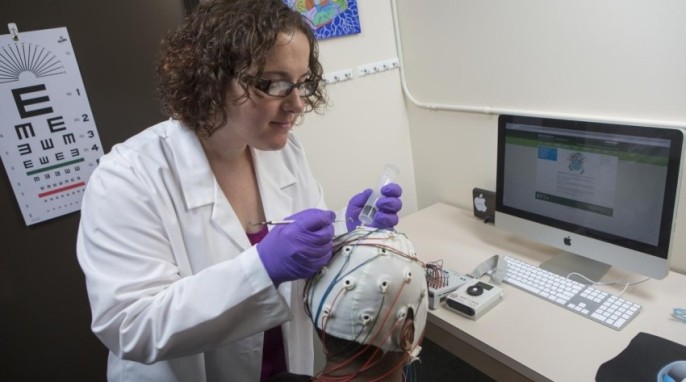Cat Videos Boost Energy, Good Feelings
Do you get a warm, fuzzy feeling after watching cat videos online? If so, that emotional effect may be more profound than you realize. The Internet phenomenon of watching cat videos, from Lil Bub to Grumpy Cat, apparently does more than simply entertain. It boosts viewers’ energy and positive emotions while decreasing negative feelings, according to a new study from Indiana University Media School. Can a Cat Video a Day Keep the Doctor Away? The study, by assistant professor Jessica Gall Myrick, surveyed almost 7,000 people about their viewing of…
Read More
